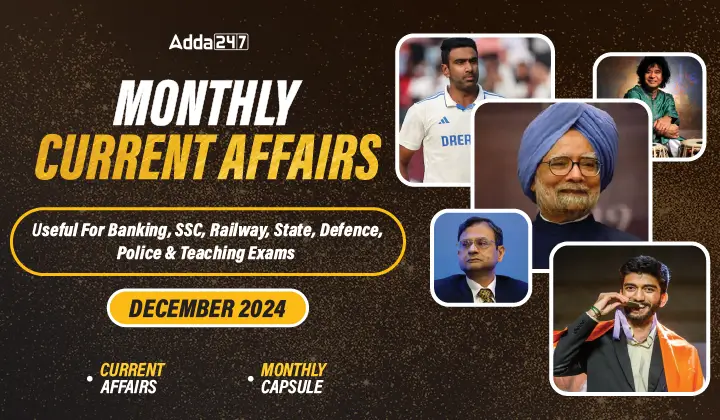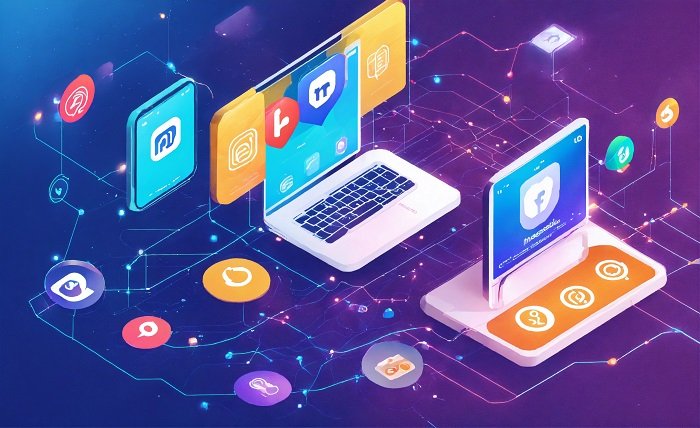How to Prepare for Government Exams? Pay Attention

When I first thought about jumping into the world of government exams, I didn’t expect it to feel like training for a marathon where the track keeps changing. It’s not just about hard work—it’s about smart direction, emotional stamina, and brutal self-honesty. If you’re asking how to prepare for government exams, there’s no one-size-fits-all formula. But there are battle-tested steps that make the war easier to win.
Goals Are Useless Without Systems
You can say “I want to crack the UPSC” all you want, but unless you know what it demands of you, it’s just noise. Start by breaking down the exam structure. I’ve seen students ignore things like negative marking or sectional timing and regret it later. Study the previous year papers like your life depends on it. Once you understand the battlefield, you’ll stop wasting time on useless materials or strategies.
This is also where digital savviness kicks in. In today’s world, even something like a blogger outreach tactic can give you insights into how visibility and reach matter—even in study communities. It’s not just about shouting into the void. Platforms like Views4You have strategies where bloggers report a 32% increase in engagement simply by targeting the right channels. Apply the same idea to how you source study content. Stop following ten Telegram channels. Follow two that actually help.
A Schedule You Actually Follow (Not Just Color-Coded)
Let’s be honest—most people spend more time designing the perfect timetable than following it. I used to do that too. What worked eventually was committing to a system, not a fantasy. Mornings for fresh subjects like Polity or Economy, afternoons for revision, evenings for current affairs, and mock test reviews at night. Simple, brutal, and effective.
The key isn’t studying ten hours. It’s studying four hours daily at full capacity. The rest is garbage. If you’re still wondering how to prepare for government exams, this part is non-negotiable. The schedule isn’t meant to impress your friends. It’s meant to keep you sane for 12 months straight.
Study Material is Your Weapon—Pick the Sharpest Blade
Don’t romanticize books. I’ve seen students fail just because they clung to one “guru” book too long. Use NCERTs for foundation, then shift to crisp, concise resources like Laxmikant for Polity, Spectrum for History, and VisionIAS for current affairs. And when it comes to current affairs, don’t waste hours on YouTube unless you’re watching structured analysis.
Digital resources are game-changers. I once prepared an entire mock test series using only PDFs shared in study groups. But not all digital tools are created equal. Platforms that understand digital psychology, like get more info here, report a 47% increase in user retention by simplifying interfaces and cutting fluff. Your prep tools should do the same. If your app or platform drains your energy just navigating it, drop it.
Mock Tests: The Uncomfortable Truth
Most people avoid mock tests until they feel “ready.” That’s a mistake. Mocks aren’t for testing your memory—they’re for building your exam-day reflexes. Start early. Fail often. I started scoring 32 out of 100 in my first few mocks. It sucked. But after each one, I’d spend two hours dissecting every question I got wrong. That’s where the real growth happened.
One of my batchmates used to time her tests during the actual exam window (9:30 AM to 12:30 PM). Her scores skyrocketed over time because her brain was trained for that slot. Don’t just practice. Simulate.
Why You Should Marry Current Affairs (Not Just Date Them)
Skimming headlines won’t cut it. Government exams are obsessed with current events, but they’re even more obsessed with depth. It’s not just who won the Nobel—it’s what that means for geopolitics or the Indian economy. I kept a separate notebook just for current affairs, organized by themes: environment, international relations, science, etc.
Reading The Hindu or Indian Express is good, but only if you can retain and recall. If not, use monthly compilations or explainer videos. Just don’t assume reading the news is enough. You need to be able to connect it to static subjects.
Your Mental Health Will Decide Your Rank
Nobody talks about this enough. Burnout is real, and it ruins more aspirants than a lack of knowledge. There were days I couldn’t even open a book. Guilt would pile up. On those days, I’d just go for a walk, listen to a podcast, or read something completely unrelated—fiction, even. The point was to reset.
Sleep well. Eat food that doesn’t make you crash. Exercise—not to get ripped but to stay human. How to prepare for government exams is also how to stay functional while doing it.
Final 30 Days: This Is Where the Fire Burns Brightest
If you’ve done things right, the last month isn’t about learning—it’s about execution. I had a rule: no new material, no new sources. Just revise. Revise again. And again.
Focus on topics with the highest weightage. In Prelims, it’s Polity, Current Affairs, and Environment. In Mains, it’s Ethics and Essay. I used to create rapid-fire one-liners for last-minute glances. Believe me, in those three hours of the exam, it all comes down to muscle memory.
FAQs
What’s the best time to start preparing for government exams?
Ideally, a year in advance. But if you’re disciplined, 6–8 months can work. The earlier you start, the better your foundation.
Can I crack government exams without coaching?
Absolutely. Many toppers have done it. The key is having the right materials, strategy, and consistency. Coaching is just a shortcut, not a guarantee.
How many hours should I study daily?
Depends on your retention and focus. For most, 4–6 hours of deep work beats 10 hours of distracted effort. Quality > Quantity.






